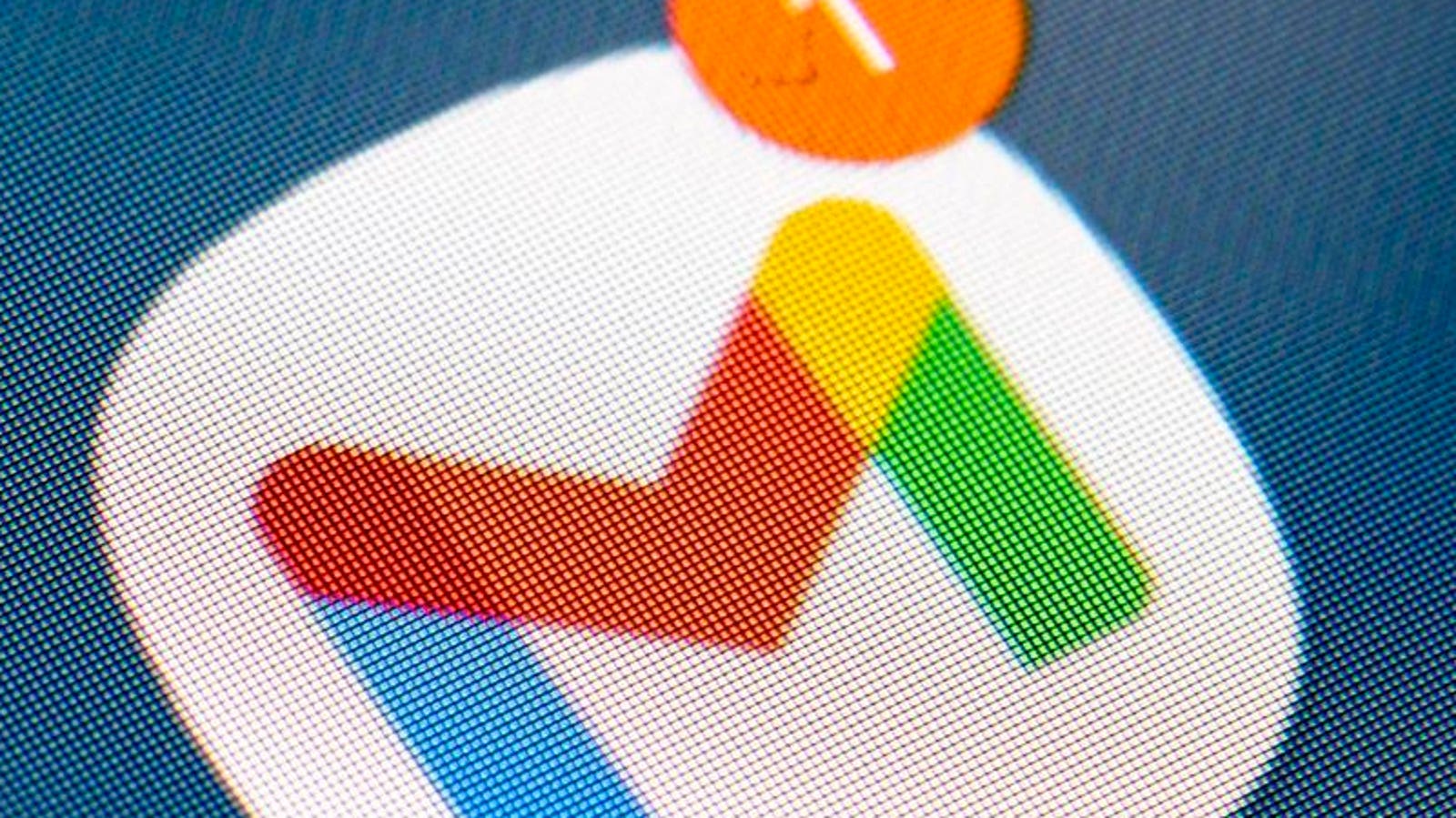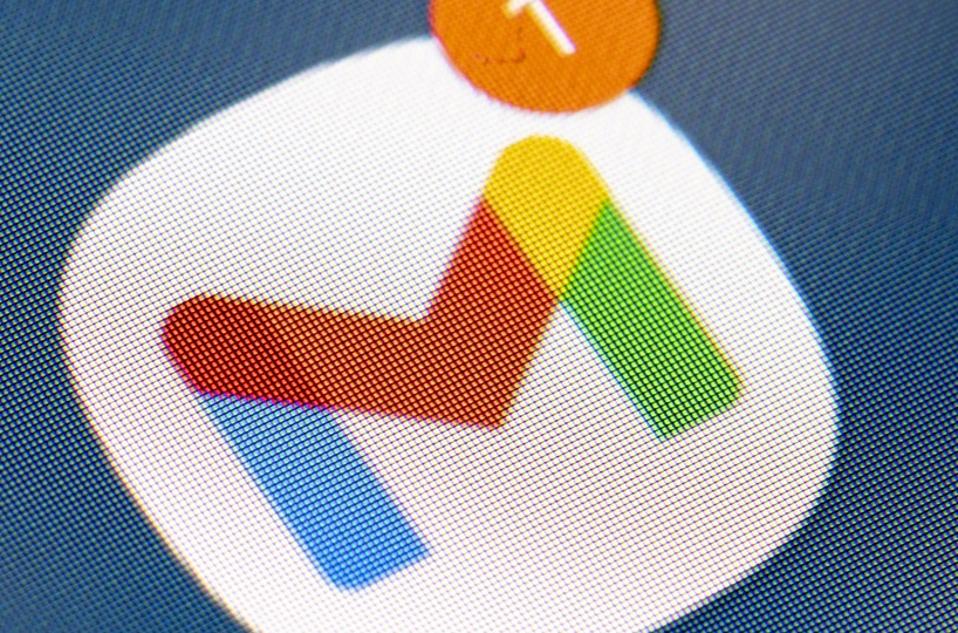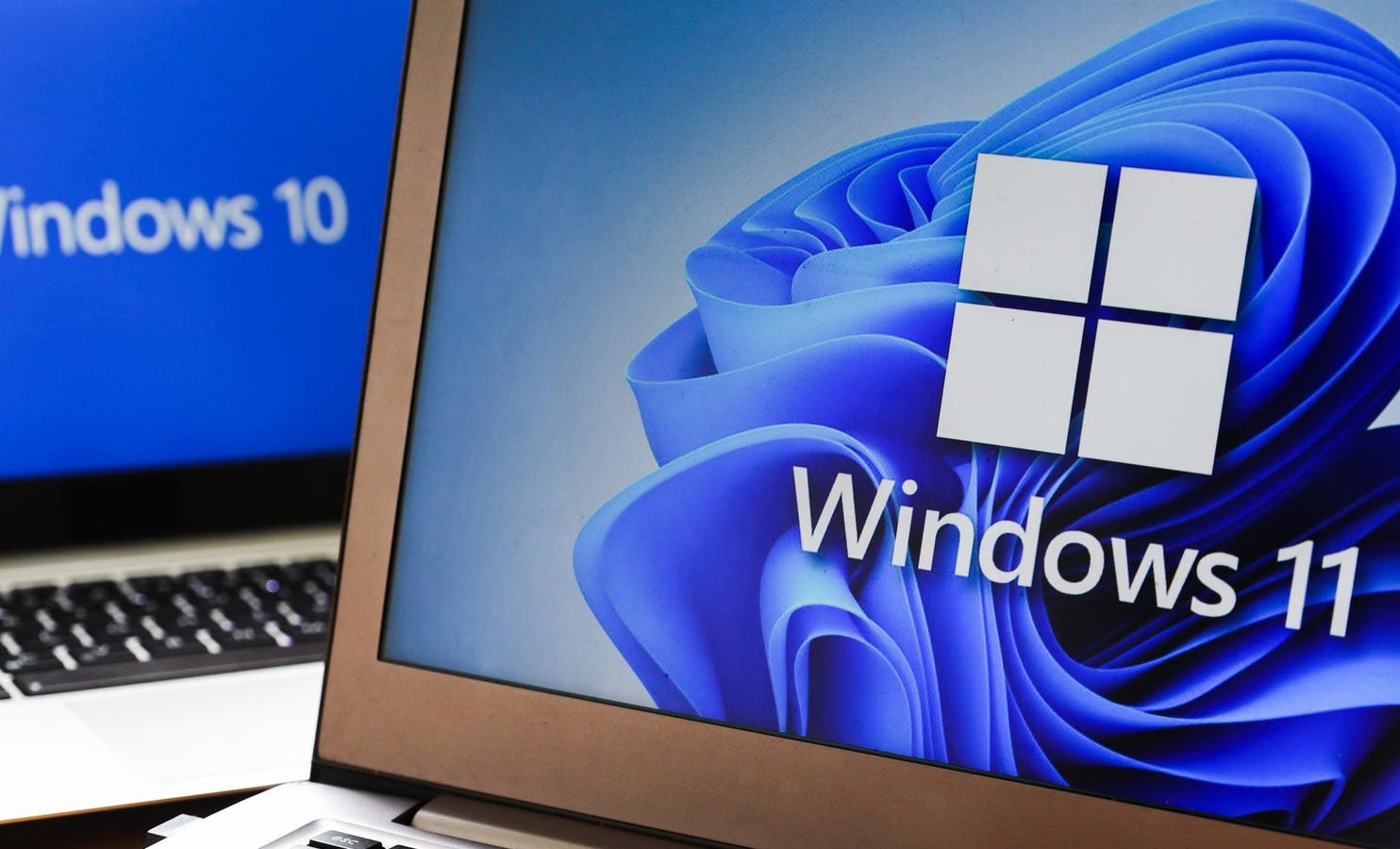Decide carefully as new upgrade confirmed.
Republished on June 29 withy new AI privacy rankings and Google’s standings.
Google’s 2 billion Gmail users face a critical decision, as the company upgrades the world’s leading email platform to make more use of AI. This means Google’s cloud-based AI accessing all your content — however personal and sensitive.
I’ve warned before that Gmail users need to understand the risks before using all these new default updates. It’s no accident or surprise that Gmail’s AI upgrades conflict with its quasi end-to-end encryption upgrade. One is secure, the other is not.
The issue with smart AI search and smart AI replies has been privacy — pure and simple. This week, all Android users have been hit with similar warnings, as a poorly written email from Google seemed to suggest AI would access sensitive apps — including Messages and WhatsApp — even if Gemini Activity is disabled.
“Gemini will soon be able to help you use Phone, Messages, WhatsApp, and Utilities on your phone, whether your Gemini Apps Activity is on or off,” the email told users. As Gizmodo reported: “Google to Gemini users: We’re going to look at your texts whether you like it or not.” And understandably, everyone read that email the same way.
Google has now told me this is misleading — the update “is good for users.” Android phones will “use Gemini to complete daily tasks on their mobile devices like send messages, initiate phone calls, and set timers while Gemini Apps Activity is turned off.”
What that actually means is that turning off Gemini Activity doesn’t stop it working on phones, which would have happened before. But “with Gemini Apps Activity turned off, Gemini chats are not being reviewed or used to improve our AI models.”
Before, if you wanted to use Gemini with messaging apps, you’d need to keep Gemini Activity on which would mean those interactions being saved. That’s a privacy nightmare and it’s what Google has in effect fixed. This choice is good news.
This welcome clarity reflects user concerns. But that’s what is still missing in the Gmail AI debate, which has been more a take it or leave it offer. I would like to see the same transparent and easy privacy choice for Gmail as well, before this goes much further.
One note of caution. Any use of Gemini on Android does still save interactions for 72-hours within your account, even if Activity is turned off. Keep that in mind.
And the privacy warnings have not gone away. Per Android Headlines, “Google’s Gemini AI will soon be able to access apps like Phone and Messages, even if ‘Gemini Apps Activity’ is off, starting July 7, 2025. While Google clarifies that turning off activity still prevents data from being used for AI training, the change sparks user privacy concerns, balancing convenience with trust in Google’s data handling.”
This new report warns that “deeper integration inevitably brings legitimate concerns to the forefront for many users. The prospect of an AI having access, even if temporary, to highly personal data within call logs, private messages, and WhatsApp chats immediately raises red flags regarding individual privacy and overall data security.”
Gen AI and LLM Data Privacy Ranking 2025
This was always going to happen — it was clear from the early days of Gemini’s integration into email and messages and other apps, just as it’s clear with the new news that WhatsApp is to do the same with its own users’ messages.
As Futurism puts it, “WhatsApp is now offering AI summaries of text threads for those too lazy to read through their messages themselves… Because what says ‘I care’ like breezing through an AI-generated summary of the family group chat?”
A balance needs to be struck, and the risk is that users do not know enough yet about the complex web of privacy polices to make those decisions. And that is especially true when it comes to younger users, who have not yet developed any privacy awareness.
But now as TechRadar warns, “Google is rolling out Gemini for schools and students amidst concerns for the future of education across the globe,” which means “Gemini is coming to a school near you, whether you want it or not.”
With Gemini now promising “to assist with everything from lesson planning to real-time feedback, [its] expansion also raises tough questions about AI’s long-term role in education and how it may reshape learning itself.” The risks are high.
In its new “Gen AI and LLM Data Privacy Ranking” report, Incogni provides some guidance as to how Gemini really stacks up. “While these tools may enhance productivity,” it warns, “most users are unaware of the complex data privacy challenges behind the scenes.” And that’s especially true when it comes to Google, Microsoft and Apple deploying AI almost by default across the operating systems used by billions.
“As these sophisticated models become increasingly integrated into daily workflows,” Incogni says, “from content creation to code generation — the potential for unauthorized data sharing, misuse, and personal data exposure has surged faster than privacy watchdogs or assessments can keep up with.”
Unsurprisingly, given the wider data harvesting and tracking reports landscape, Meta ranks in last place on the list with Google not much better, in second last place just above Microsoft’s Copilot. ChatGPT does much better, which will play into the new narrative that users prefer this LLM to big tech’s own offerings.
“Maintaining awareness of evolving privacy risks and data handling practices has simply become impractical for the average user,” the researchers say. “Privacy assessments of LLMs and Gen AI processes acquire their training data and the sensitive information exposed through users’ ongoing interactions with them.”
Google ranks much better when it comes to data being used to train models and for overall transparency. And this flows through to the new education rollout.
“Privacy and security have been stressed by Google,” TechRadar says, “Gemini for Education follows the same data protection as Workspace for Education. In a nutshell, that means student data is not used to train AI models or reviewed by humans.”









